What is Sovereign Cloud? Everything You Need to Know!
11 min read |May 2, 2025
E2E Editorial
In today’s world, everything is connected. Data is more valuable than ever, and who controls it is very important. Sovereign Cloud is a way to protect data and keep it private. It helps follow local laws and stay independent online. Countries, companies, and groups now face more rules and global risks. Because of this, they need safer, local cloud systems. This article explains Sovereign Cloud—what it is, why it matters, and how it helps people take back control of their data.
What is a Sovereign Cloud?
A sovereign cloud is a cloud computing environment that ensures all data, whether in transit or at rest, remains under the jurisdiction of a specific country or organization. Its primary purpose is to address growing concerns around data residency and regulatory compliance.
Unlike traditional public cloud environments, a sovereign cloud ensures that data is stored within national borders, managed by trusted entities, and compliant with local laws and industry-specific regulations.
It offers organizations greater control over their data, limits access based on jurisdictional rules, and prevents exposure to foreign legal frameworks. This makes it especially valuable for governments and sectors like finance, healthcare, and defense, where compliance and security are paramount.
Why is the Sovereign Cloud Important?
In today’s data-driven world, data is not just an asset. As businesses and governments handle increasingly sensitive information, the need for control over where and how that data is stored and accessed has become critical. Sovereign cloud offers this control by ensuring that data remains within national borders and is subject only to local laws and regulations.
It helps organizations meet strict regulatory and compliance requirements while safeguarding against unauthorized access and foreign legal interference. For governments and enterprises in sectors like finance, healthcare, and public services, it reduces dependence on foreign cloud providers and minimizes exposure to cross-border data transfer risks. Ultimately, sovereign cloud empowers entities to maintain digital autonomy and trust in an era where data breaches, regulatory scrutiny, and geopolitical uncertainties are on the rise.
Components of Cloud Sovereignty
There are three critical aspects to cloud sovereignty:

Data Sovereignty
Data sovereignty refers to the principle that data is governed by the laws of the country where it is created and stored. It ensures that sensitive or regulated data remains within national borders and complies with local legal and privacy requirements.

Operational Sovereignty
Operational sovereignty gives organizations full control over their cloud infrastructure and workflows. It guarantees constant access to critical systems, allows for independent decision-making, and ensures business continuity without reliance on foreign service providers or external jurisdictions.
Digital Sovereignty
Digital sovereignty is the ability to govern all digital assets—data, software, and infrastructure—without external interference. It involves setting strict controls on access, enforcing security policies, and maintaining transparency across the digital environment to ensure full organizational autonomy
4 Key Features of a Sovereign Cloud
The following are the key features that make a strong sovereign cloud environment:
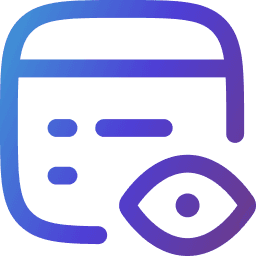
Access control
The enterprise has full control over who gets to access its data (partners, customers, software/services). They also control which administrative and technical staff have access to their systems.

Regulatory Compliance
Customers may need specific regulatory controls and accreditations. A sovereign cloud offers flexibility to meet compliance and security requirements.
Air Gap
Air-gapped regions provide complete isolation from the internet and other networks.
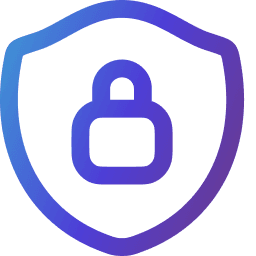
Encryption
Cloud providers ensure data confidentiality by providing mechanisms for encrypting an organization’s data and managing it using cryptographic keys.
Benefits of the Sovereign Cloud
By combining the advantages of cloud computing with strict control over data and operations, sovereign cloud delivers a range of strategic benefits for organizations and governments alike, including:
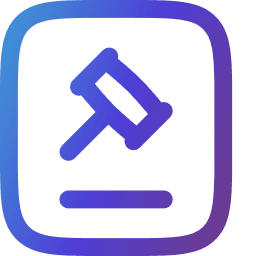
Built-in Regulatory Compliance
The Sovereign Cloud Platform includes pre-configured compliance controls and frameworks that are aligned with major industry standards. This reduces the time and resources your organization requires to achieve and maintain certification while minimizing compliance risks.

Reliability and Availability
Robust redundancy and failover systems maintain continuous operations with industry-leading uptime guarantees. The platform's distributed architecture prevents single points of failure, ensuring your mission-critical services remain accessible when you need them most.
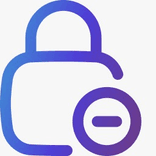
Freedom from Vendor Lock-in
Open standards and interoperable technologies preserve your freedom to adapt and evolve your IT strategy. Avoid dependency on proprietary systems while maintaining the flexibility to integrate with best-of-breed solutions as your needs change.
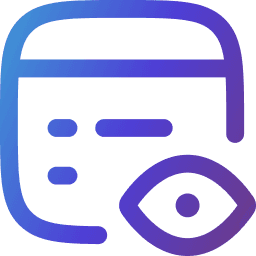
Advanced Monitoring
Real-time visibility into system performance, resource utilization, and security posture through sophisticated monitoring tools. Proactively identify and address potential issues before they impact operations with actionable insights and alerts.

Disaster Recovery Ready
Built-in backup, replication, and recovery mechanisms protect your data and applications from unexpected disruptions. Maintain business continuity with automated failover capabilities and comprehensive disaster recovery planning tools.
Challenges of Cloud Sovereignty
While sovereign cloud offers compelling advantages, it also presents several challenges that organizations must carefully navigate to implement it effectively:
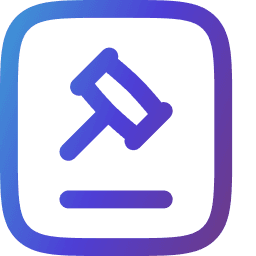
Complex Legal Landscapes
Navigating different and evolving national and regional regulations requires constant monitoring, legal expertise, and adaptive infrastructure to remain compliant across jurisdictions.
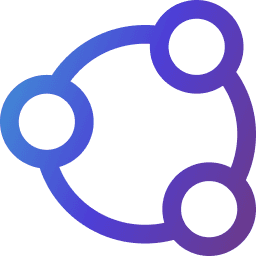
Multi-Cloud Environments
Integrating sovereignty requirements across multiple cloud providers can be difficult, often leading to inconsistent policies and fragmented data governance.

Data Security and Protection
Ensuring high levels of security while maintaining local control demands robust infrastructure, continuous monitoring, and strict access protocols, which can increase operational complexity.
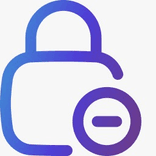
Vendor Lock-In
Reliance on specific sovereign cloud providers may limit flexibility and create long-term dependencies, making future migration or scaling efforts more challenging.
How does Sovereign Cloud Benefit Enterprises?
Businesses should adopt the sovereign cloud approach for several key reasons:

Enhanced Organizational Control
It provides improved organizational control by allowing enterprises to gain complete control over data residency, whether in a specific region, country, or a cloud provider’s data center.

Regulatory Compliance Assurance
It enhances compliance by helping organizations keep up with changing data laws and regulations across different regions.

Granular Access Management
It enables user restrictions, allowing companies to control data access based on factors like location and citizenship.

Data Security
It offers highly secure encryption, ensuring that employees and clients can access data swiftly and securely.

Disaster Recovery Ready
Built-in backup, replication, and recovery mechanisms protect your data and applications from unexpected disruptions. Maintain business continuity with automated failover capabilities and comprehensive disaster recovery planning tools.
Why Choose the E2E Sovereign Cloud Platform?

AI-Optimized & Future-Ready
Integrates NVIDIA H200, H100, L40s, and L4 GPUs to power AI and machine learning workloads

50+ IaaS & PaaS Services
Provides a comprehensive suite including compute, storage, networking, databases, AI/ML, and security services
Total Data Sovereignty
Ensures full compliance with national and industry-specific regulations

Enterprise-Grade Security
Offers end-to-end encryption, access controls, and advanced cybersecurity features

Scalability & Hyperscaling
Enables organizations to seamlessly scale from small deployments to hyper-scale workloads

A Battle-Tested Cloud Platform
Provides over a decade of proven performance in powering AI, enterprise, and cloud-native applications
The Future of Cloud Sovereignty
The concept of cloud sovereignty and its implications are relatively new. When choosing a cloud provider, it is essential to ensure that data sovereignty is an essential feature of your cloud. Factors such as disaster recovery, the ability to adapt to changing regulations, stringent compliance, and improved access control are critical for a sound sovereign cloud environment. In an era of fast-changing data laws and regulations, implementing a sovereign cloud is a future-proof solution that will help enterprises stay ahead of the curve. E2E Sovereign Cloud Platform offers a robust sovereign cloud platform designed to meet the highest standards of data privacy and compliance.
FAQs on Sovereign Cloud
Still have questions? Here are quick answers to some of the most common queries about sovereign cloud and its role in modern data infrastructure:
What is data sovereignty?
Data sovereignty means that data is subject to the laws and regulations of the country where it is stored or processed. It ensures legal control over digital information based on geographic location.
What is the difference between a sovereign cloud and a private cloud?
A sovereign cloud ensures legal and jurisdictional control over data, often tied to national or regional laws. A private cloud focuses on dedicated infrastructure but may not guarantee data jurisdiction or regulatory compliance.
What is data sovereignty in cloud?
In cloud computing, data sovereignty refers to keeping data within specific legal boundaries, ensuring it complies with local regulations regardless of where the cloud provider is based.
Who can access information in a sovereign cloud?
Only authorized users within the specified legal jurisdiction can access data in a sovereign cloud. Access is tightly controlled to prevent foreign or unauthorized access
What is an example of a sovereign cloud?
An example is Germany’s partnership with T-Systems and SAP to build a sovereign cloud that stores and processes data entirely within German jurisdiction, following EU data protection laws.



